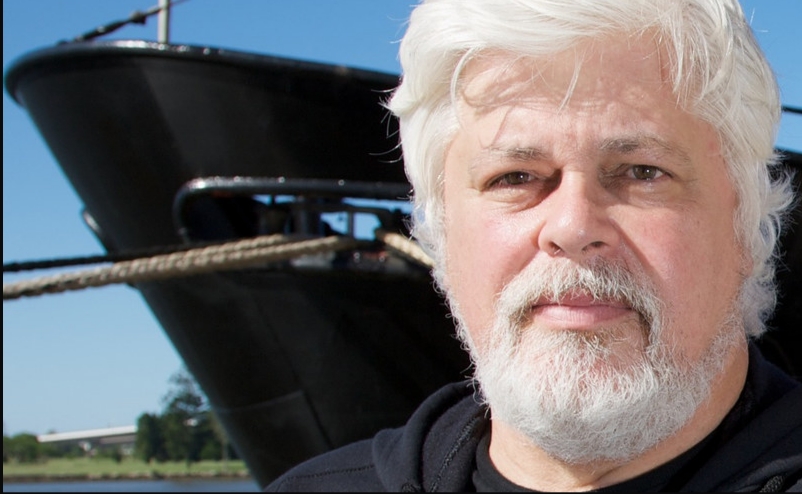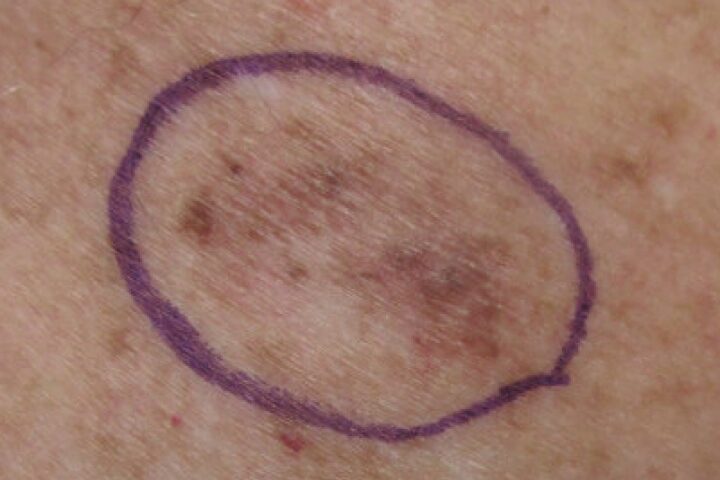We’ve all been there—those late nights followed by early mornings, juggling work, school, or just the chaos of life. By Friday, you’re running on fumes, and the idea of sleeping in on Saturday feels like the only thing keeping you going. But can those extra hours in bed really make up for the sleep you’ve lost during the week? According to a study presented at the European Society of Cardiology (ESC) Congress 2024, they just might.
The research, which analysed data from over 90,000 individuals, found that those who managed to “catch up” sleep during the weekends had a 20% lower risk of developing heart disease compared to those who didn’t. Let’s dive into the details, stats, and what this could mean for your heart health.
The Reality of Sleep Deprivation: What do the numbers show?
Modern life doesn’t always allow a full eight hours of sleep. Whether it’s work deadlines, school projects, or just the lure of Netflix, getting enough shut-eye can feel like a luxury. It’s no secret that sleep deprivation is bad for your health, particularly your heart. But what’s fascinating is how weekend sleep might compensate for some of that damage.
The study included 90,903 participants from the UK Biobank project, with 19,816 of them identified as sleep-deprived (getting less than 7 hours of sleep per night). The remaining participants didn’t quite hit the mark for sleep deprivation, but they still experienced their fair share of sleepless nights.
Sleep patterns were recorded of these participants using accelerometers—those nifty gadgets that track your movement based on which the participants were then divided into four groups depending on their weekend sleep patterns:
- Q1: The least compensated group, with participants catching up on anywhere from -16.05 to -0.26 hours (yes, some people ended up sleeping even less on weekends).
- Q2: These folks gained a bit more sleep, ranging from -0.26 to +0.45 hours.
- Q3: This group saw a more substantial catch-up, with an extra +0.45 to +1.28 hours.
- Q4: The real weekend warriors, catching up on 1.28 to 16.06 hours.
After that, the researchers looked at hospital records and death registries to track incidents of heart disease, including ischaemic heart disease (IHD), heart failure (HF), atrial fibrillation (AF), and stroke. With a median follow-up of almost 14 years, they found that participants in Q4, the group with the most compensatory sleep, were 19% less likely to develop heart disease than those in Q1.
And the benefits were even more pronounced among those who were sleep-deprived during the week. In this subgroup, those who managed to catch up on sleep over the weekend had a 20% lower risk of heart disease compared to their peers who didn’t.
Similar Posts
Why Does Sleep Matter?
We know that sleep is essential for overall health, but why does it matter so much for your heart? Sleep affects everything from your blood pressure to your stress levels, both of which are critical factors in the development of heart disease. Sleep deprivation makes our body produce more stress hormones like cortisol, which can lead to inflammation and, over time, damage your blood vessels.
Catching up on sleep gives your body a chance to repair some of that damage. It’s like hitting the reset button, by which your blood pressure drops, your stress levels decrease, and your heart gets a much-needed break.
“Sufficient compensatory sleep is linked to a lower risk of heart disease,” said Mr. Yanjun Song, a co-author of the study from the State Key Laboratory of Infectious Disease, Fuwai Hospital, National Centre for Cardiovascular Disease in Beijing, China. He added that the benefits were particularly noticeable among those who regularly didn’t get enough sleep during the week.
Mr. Zechen Liu, another co-author from the same institution, echoed this sentiment, noting, “Our results show that for the significant proportion of the population in modern society that suffers from sleep deprivation, those who have the most ‘catch-up’ sleep at weekends have significantly lower rates of heart disease than those with the least.”
Takeaway for Your Weekend Routine
So, what does this mean for you? While it’s always best to get enough sleep every night, this study suggests that catching up on sleep during the weekends could help mitigate some of the risks associated with sleep deprivation—especially when it comes to your heart.
But do not take this as a free pass to skimp on sleep during the week. Your body still needs consistent rest to function at its best. Think of weekend catch-up sleep as a backup plan, not a long-term solution.
As we juggle our busy lives, it’s comforting to know that those extra hours in bed might be doing more than just making us feel less groggy—they could be helping our hearts stay healthy too.


















